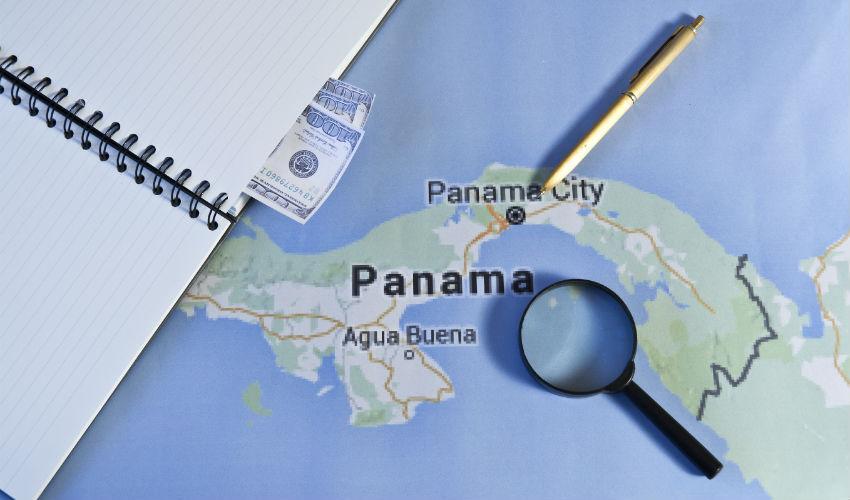Press Room
Press release |
09/05/2016

Panama Papers, $230 Bln in Market Capitalization Already Wiped out
THIS EVENING THE WHOLE MOSSACK FONSECA DATABASE WILL BE RELEASED. IN THE MEANWHILE BOCCONI'S HANNES WAGNER HAVE CALCULATED THE LOSS SUFFERED AROUND THE LEAK BY THE 1,100 COMPANIES WORLDWIDE THAT COULD BE IMPLICATED
This evening the International Consortium of Investigative Journalists will release a searchable database with information on more than 200,000 offshore entities that are part of the Panama Papers investigation, including, when available, Mossack Fonseca’s internal records of the company’s true owners. In the meanwhile, in The Value of Offshore Secrets – Evidence from the Panama Papers, Hannes Wagner (Bocconi’s Department of Finance), James O’ Donovan (INSEAD) and Stefan Zeume (University of Michigan) have reckoned that companies that might be implicated by the leak lost US$230 billion in market capitalization as a result of the breaking news. The figure is larger than all fines and losses in the data leaks and scandals involving Home Depot, Target, Volkswagen, and Enron combined.
As the names of companies using the services of Mossack Fonseca have not yet been released, the scholars analyzed market returns of listed firms with subsidiaries in Panama, the British Virgin Islands, the Bahamas and the Seychelles (the territories representing 90% of the tax havens used by Mossack Fonseca) and compared them with the returns of the rest of the market. The scholars considered 26,655 publicly traded firms from 73 countries, with a total of 543,151 subsidiaries across 213 territories. Roughly 1,100 of these firms (4.1% of the sample) have at least one subsidiary in one of the four tax havens and they experienced a 0.5-0.6% abnormal drop in share value around the leak relative to same-country same-industry firms without such exposure. The sum of such drops equals US$230 billion.
News of the Panama Papers broke on April 3, a Sunday, and “around the leak”, in this case, means a standard event window [-1;3] which comprises 5 trading days (Friday April 1 to Thursday April 7). Most of the effect occurs during event days 0 and 1 (Monday April 4 and Tuesday April 5). Companies with subsidiaries in tax havens don’t have significantly different returns over the period preceding the event window, alleviating concerns about information leaks prior to the publication of the Panama Papers or firms with exposure always earning lower returns.
“It may well be that companies have subsidiaries in Panama or other tax havens for completely legitimate reasons”, Prof. Wagner says, “but a base in a tax haven makes cheating more convenient, thus raising the suspicions of the market.” According to a leaked Mossack Fonseca document, 95% of the company’s work consisted of selling corporate vehicles to avoid taxes.
The market has two reasons to punish companies with subsidiaries in tax havens at the time of the Panama Papers data leak. “First of all”, Wagner continues, “being involved means that authorities could come after the companies asking payments for misbehavior in the past, such as cheating on tax. Second, from now on it may be more difficult to use offshore vehicles in ways that companies find beneficial – whether these purposes are legal or illegal. In other words: the data leak appears to have significantly reduced the expected benefits of offshore structures”.
The names of prominent politicians from ten countries, including Iceland’s Prime Minister, were implicated by news stories from the start, to have used offshore vehicles to hide financial transactions, casting a shadow on the reputation of their countries. The authors reckon that firms exposed to these ten countries had 0.65% lower returns. One possibility is that firms with subsidiaries both in tax havens and in one of these countries are more likely to have used them for illegal purposes. The market reaction is consistent with this: For example, firms present both in a tax haven and in Iceland had 1.4% lower returns than other firms.
Most of the data from the Panama Papers data leak has not yet been made public. The investigation continues.
CLICK HERE TO TREAD THE PAPER.
Fabio Todesco
E-mailfabio.todesco@unibocconi.it
https://www.press.unibocconi.eu
Barbara Orlando
Head of Press Office
Universita' Bocconi
Phone +39-02.5836.2330
Mobile +39-335.123.1716
E-mailbarbara.orlando@unibocconi.it
https://www.press.unibocconi.eu
Head of Press Office
Universita' Bocconi
Phone +39-02.5836.2330
Mobile +39-335.123.1716







